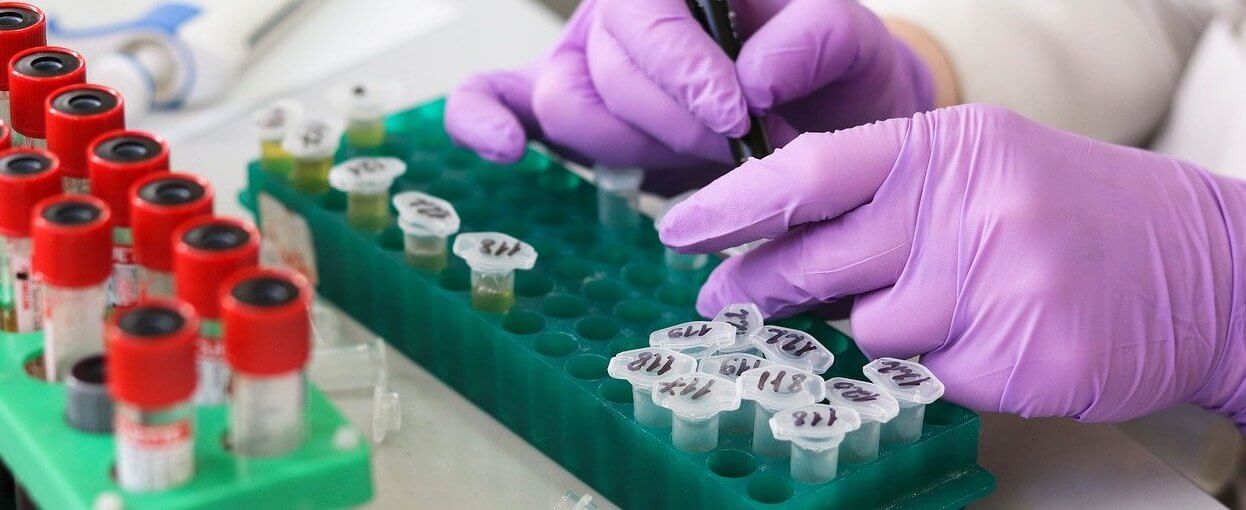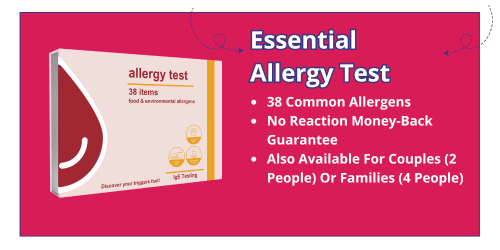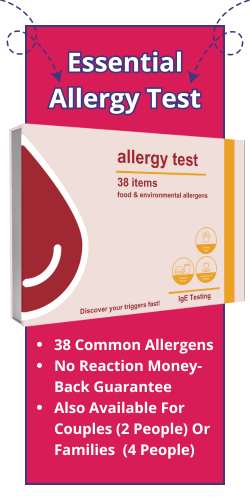It’s no secret that food allergies are more common than ever. Many children are being tested for food allergies and taking home prescriptions for epinephrine. And for good reason – between 1992 and 2012 alone, there was a rapid 615% increase in the number of hospital admissions for anaphylaxis in the UK. But what’s even more alarming is the increase in adult-onset food allergies.
About Adult-Onset Food Allergies
We’re currently witnessing a marked increase in reports of adults developing food allergies. Both adults who developed allergies in childhood developing new allergies as adults, and adults developing their first-ever allergy well into adulthood. This is quite unexpected, as it was previously thought that only children developed allergies and that adults didn’t commonly develop allergies.
In a US study, led by Ruchi S. Gupta, reported 1 in 4 adults developed their first allergy in adulthood. The same study found 48% of those questioned had developed at least one new allergy in adulthood. This highlights just how big of an issue adult-onset allergies have become.
What This Means For You
With predictions that half of the EU population will have an allergy by 2025, the chances that you’ll develop an allergy yourself are fairly high. But only a way to know for sure is through testing and diagnosis. With 44% of British adults already suffering from at least one allergy, it really doesn’t make sense to sit and wait for an allergic reaction to take you by surprise.
How To Stay Safe From Food Allergies
These new findings present even more reason for adults to complete allergy testing. Not only that, but they bring a solid argument for people to have additional tests regularly, to avoid any unexpected reactions. With cases of adult-onset allergies rising, the safest course of action is to keep up with the changes in your body – especially for those already living with allergies.







